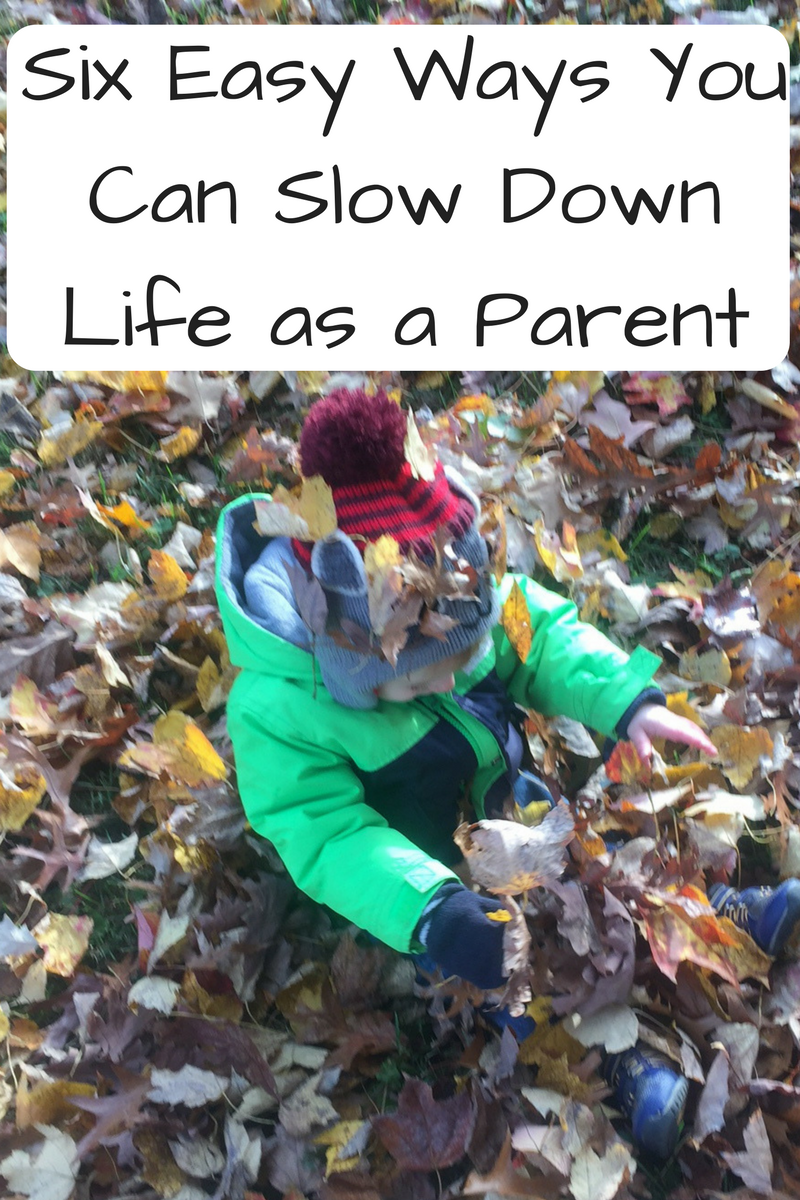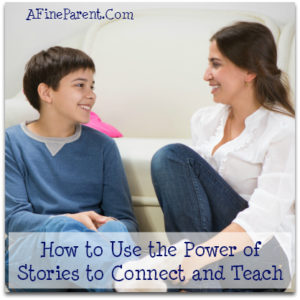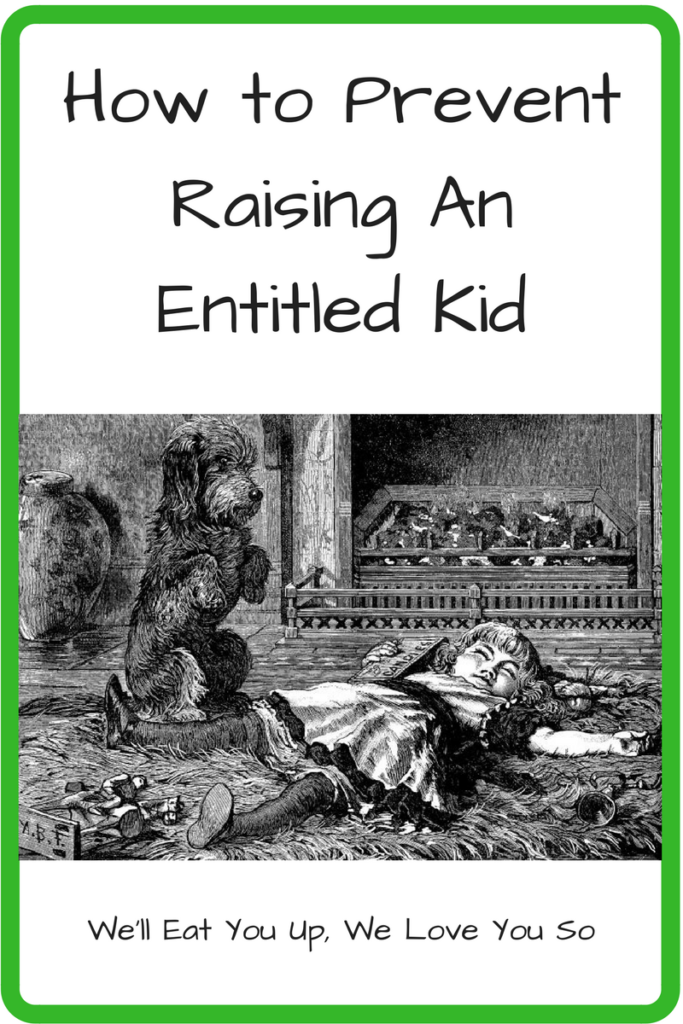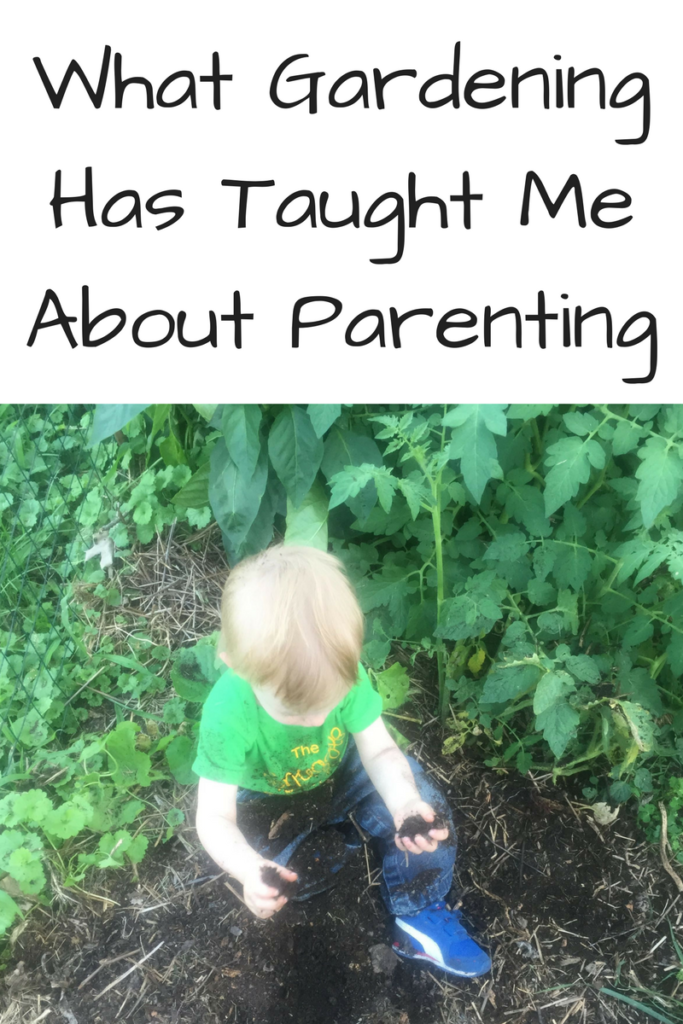Ever wish you could slow down life a little bit? Here are five ways my family has been able to!

With only a half-hour left of our three-hour car ride, my almost two-year-old’s eyes flutter open. “Uh, oh,” I think. Then the screaming starts. (Him, not me.) All he wants is to be home right this second! Why can’t we grant him that simple request?
While his crying grates on our ears, are we adults all that different? After all, most of us want things immediately, whether that’s our coffee at Starbucks, our computer to boot up, or our husband to stop playing video games. I’m a can-do, let’s get going, do this thing kind of gal. I want to do All the Things Right This Second.
Yet, much like our never-ending car ride, life never quite cooperates. As my pastor pointed out recently, even light, the fastest thing in the universe, isn’t instantaneous. There are stars born millions of years ago whose light hasn’t reached us here on Earth.
Very few of us actually want to rush around. We’d rather slow down life, luxuriate in simple tasks well done, and appreciate being in the moment (as long as the moment doesn’t involve whining). I know I enjoy moments with my kids and husband a hell of a lot more when I’m not impatiently thinking about the future.
On top of that, we want to teach our children patience and gratitude. No one wants to raise entitled brats who are never satisfied with what they have.
But giving up that need for instant gratification is a lot easier said than done. While I’m a work in progress, here are some ways I’ve found that I and my family can deliberately slow down life together.







